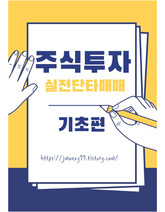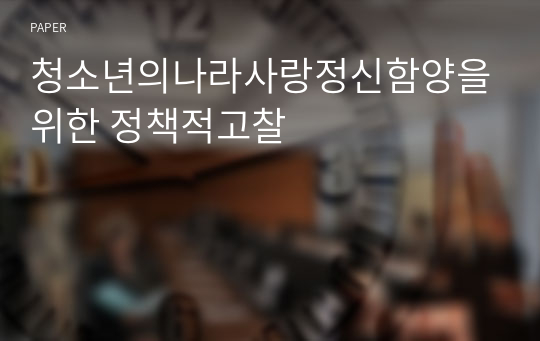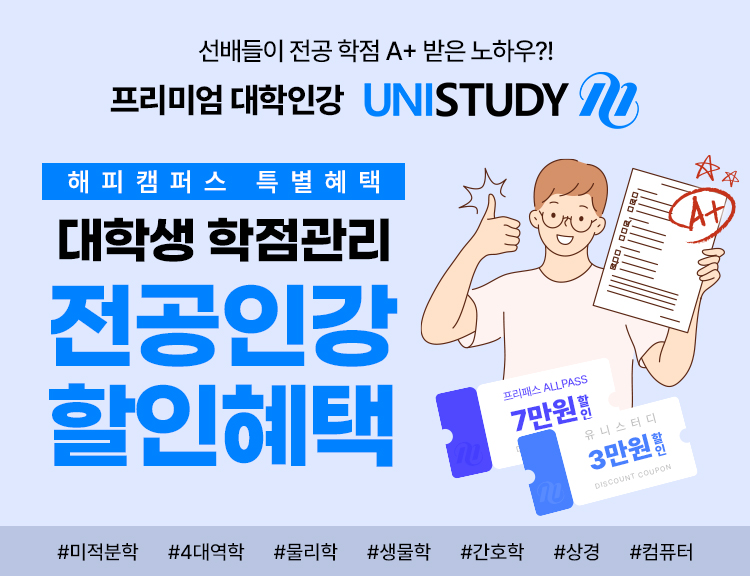* 본 문서는 배포용으로 복사 및 편집이 불가합니다.
서지정보
ㆍ발행기관 : 한국보훈학회
ㆍ수록지정보 : 한국보훈논총 / 4권 / 1호
ㆍ저자명 : 박효종
ㆍ저자명 : 박효종
목차
Ⅰ. 문제의 제기Ⅱ. ‘구성적 도덕’으로서 애국심
Ⅲ. 애국심의 도덕적 위상
Ⅳ. 청소년 나라사랑정신교육의 문제점
Ⅴ. 정보화사회와 청소년들의 특징
Ⅵ. 나라사랑정신교육의 강화 방안
Ⅷ. 결어
참고문헌
영문초록(Abstracts)
한국어 초록
To understand the moral importance of patriotism, one must distinguish social cohesion (or social integration) from social order, and understand both their relationship and the independent value of social cohesion. We can argue that social cohesion is valuable not merely as means of preserving order and other goods coming as the fruit of coordinated human activity, but as something worthwhile for its own sake. The identification of one's own interests and well-being with that of others to whom one is thus integrally related is essential to community considered not simply as instrumentally valuable whether for the sake of peace, order, prosperity, prestige, or any other extrinsic goal but as intrinsically worthwhile. However, such identification depends upon integrating the morality of patriotism of members of a society inwhich the condition of such integration is destroyed, social cohesion is considered as an end-in-itself, and thus as in itself a reason for coordinated activity, is lost.
We need neither claim nor suppose that the price of failing to maintain the morality of patriotism causes an inevitable descent into the Hobbesian state of nature. The price comes as a social disintegration in a different but equally meaningful sense. From the individual citizen's point of view, what is lost is not necessarily security in someone and his property. One might very well retain these goods. The good that is lost, rather, is the good of interpersonal integration. While the good is, in one sense, irreducibly social, it is, nevertheless, the fundamental good of
individuals who together participate in and realize it. Its loss is their losses. They may continue to live in proximity to one another, or perhaps even in a state of peace and mutual accommodation, but they will no longer constitute a political community.
Then, how are the morality of patriotism among the young generation to be cultivated? Much remains to be said on the possibilities for cultivating patriotism. This study assumes that the government should encourage the morality of patriotism through education, but that does not mean that cultivating patriotism is the exclusive province of the state. The nature of the morality of patriotism indicates that much of the cultivation must take place in families, neighborhoods, churches, workplaces, and voluntary associations of various fields - so called the 'civil society'. Nevertheless, it is important to emphasize that the state is mainly responsible for cultivating patriotism among children. School education is an obvious way to try to nurture the morality of patriotism. In Korea, the government has acknowledged the importance of patriotism, and encouraged primary and secondary schools to incorporate the morality of patriotism into their curricula. This study claimed that schools' efforts to educate the young generation for patriotism turned out to be less than satisfactory.
The books-and-classroom overdosing that deadens the native curiosity of children begins in elementary school with disregard of children's interests in favor of preparation for standardized test-taking. Sensitive teachers and parents know that elementary school children have intense
curiosities about the world out there, and educational aims with regard to patriotism are best served by ministering to such curiosities.
It is imperative to rethink the whole of formal and experiential learning in terms of interest-centered learning. We need to abandon the method of inculcation in favor of methods of elicitation. The self-knowledge that is the foundation of moral development for patriotism cannot be inculcated; and it depends upon the pedagogy that emphasizes elicitation.
Interest-centered learning should be the central principle of school education and social education for the morality of patriotism. We need to recognize the necessity to serve children's native curiosity from the beginning, when children's attitudes toward school and learning first
start to take shape.
The several educational proposals in this study coalesce the problems of acquiring self-knowledge for patriotism. Old principles mandated total control of classrooms by teachers and corresponding control of teachers by administrators. Curricula were designed in board rooms and administrative offices which is to say at a great remove from children in the classroom. In so doing, it eliminated the eliciting form of teaching that needs for moral development of patriotism and supports teaching as an inculcation measure. To employ a developmental model, the paramount question for a child is "what shall I receive", but with adolescence, the pressing question must become "What shall I do?". In this light, the exchange of a productive for a recipient orientation should be quite evidently the aim of moral education for patriotism.


























